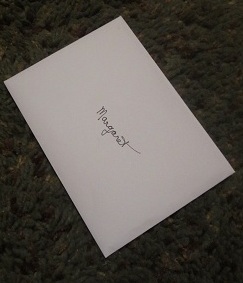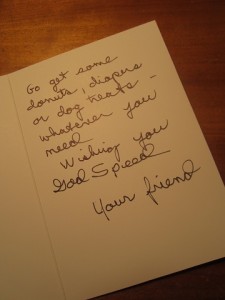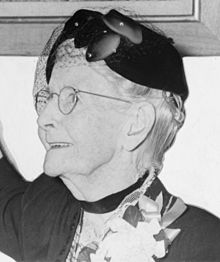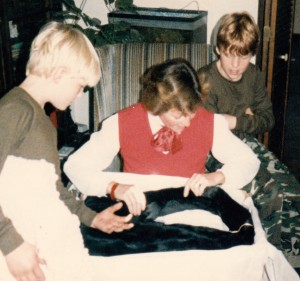 All of us have had experience with Secret Santa gifts. Maybe it was in elementary school or Girl Scouts or even in an office setting, but we’re familiar with the inexpensive gift-giving done anonymously to someone assigned to us.
All of us have had experience with Secret Santa gifts. Maybe it was in elementary school or Girl Scouts or even in an office setting, but we’re familiar with the inexpensive gift-giving done anonymously to someone assigned to us.
Keeping secrets is always fun, at Christmas or any time. Last week, for example, I received something that was given in secret. While Birgitta, Emerald, and I were away from home, someone came to our door and left an envelope on the front mat.
I didn’t recognize the writing, and when I opened it, I expected to see a “from who.” Instead of a signature there was a lavish gift card and a short message: “Go get some donuts, diapers or dog treats – whatever you need. Wishing you God Speed. Your friend.” Tucked inside was a gift card for $100!
Birgitta and I studied the handwriting, trying to determine if we’d seen it before. Was it a woman’s writing? A man’s? Was it a young person? Someone older? I began asking around, but no one would claim responsibility. I wish I could say thanks, but anonymous gift-givers usually aren’t looking for that.
Giving gifts in secret is practically a lost art these days. When wealthy people donate to an institution, they’re happy to have a building named after them. When philanthropic organizations give, they make sure the source and its purpose is announced publically. When I give a present, I hope the recipient will feel my love behind the choice of gift, so I sign my name. And when I put something in the church offering, the envelope I use has my name on it.
It’s reasonable to want credit for our gifts. Giving anonymously is done only with careful intention, and very few do it. But when Jesus said, “It’s more blessed to give than receive,” he meant it for non-credited givers as well as those hoping for credit. Maybe those whose gifts are given in secret somehow enjoy their giving even more than the rest of us.
What kind of person gives anonymously? Maybe it’s someone who simply loves keeping secrets. Or it might be a person who doesn’t want a relationship to be tipped one way or another by the size or type of gift. It’s also possible the anonymous giver just wants to be sure the gift can’t be given back, in case the receiver considers it too generous.
God is all for secretive giving. Using an interesting metaphor, he says in Scripture that we shouldn’t even let one of our hands know what the other is giving. The Bible also says that if no credit is sought on earth, the giver will be credited in heaven. (And if I know God at all, it’ll probably significantly magnified.)
So, dear anonymous friend, thank you for your very generous gift. God watched you leave it at my house and is personally planning something very special for you!
“When you do a charitable deed, do not let your left hand know what your right hand is doing, that your charitable deed may be in secret; and your Father who sees in secret will himself reward you openly.” (Matthew 6:3-4)







